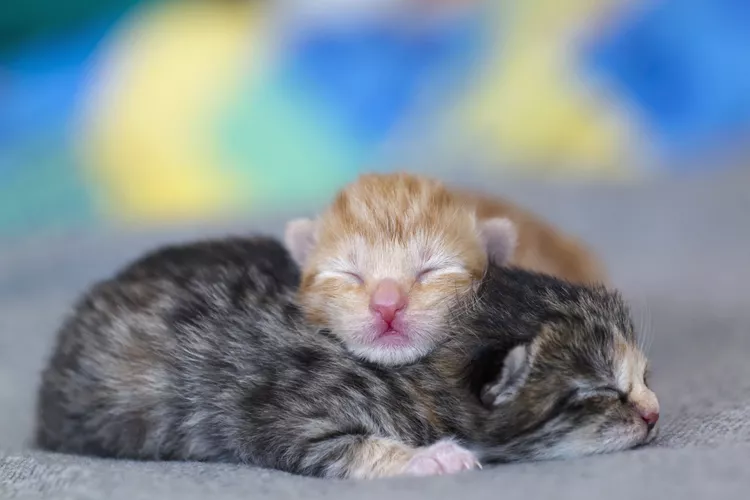
Newborn kittens may be born fully furred but they aren't done growing once they leave their mother's womb. The first week of a kitten's life is full of major changes and growth. If you have a litter of baby kittens, it's a good idea to know what to watch for—as well as know what you can do to help your kitten get off to a good start in life.
When a kitten is born it should fit in the palm of your hand. It will look just like a miniature version of an adult cat with its fur, four legs, two ears, and all its other body parts, but not everything works like an adult cat just yet.
The normal, healthy birth weight of a kitten is about 3.5 ounces which is just a little bit more than a deck of playing cards weighs. By the end of the first week, a kitten typically doubles its body weight putting it at about 7 ounces so these are good weights to record in order to monitor a kitten's growth. If a kitten isn't gaining enough weight it may mean there is something wrong that needs to be addressed.
After two or three days a kitten's umbilical cord will dry up and fall off but its eyes and ears will remain closed for a little while yet. At this point, the kitten is dependent entirely upon its mother (or foster human) for warmth, food, and hygiene. It will crawl around on its belly, cry if it is hungry, sleep, and urinate and defecate when its mother stimulates it by licking it.
You probably won't notice much of a difference between a newborn kitten and a one-week-old kitten but it will start to be more active as the week goes on. Kittens won't be playing with littermates just yet and the only social interaction between each other will be battling for a nipple to nurse from.
Since a newborn kitten is completely dependent upon its mother for the first few weeks of life, you'll need to play the role of mom if your kitten is an orphan or has been neglected by its mother. If the mother is taking care of the kittens then there is little you need to do but some things you should still look for.
Newborn kittens do not have any teeth and get all of their food and nutrition from cat milk. The first few days after giving birth, the mother cat will produce a very special kind of milk for the kittens called colostrum. This milk contains special ingredients called maternal antibodies which help protect the kittens from illnesses until their own immune systems are working. It is very important that kittens start nursing shortly after birth to ensure these antibodies are consumed from the colostrum.
If a kitten is orphaned and needs to be bottle-fed, a special cat milk replacement formula should be used to provide proper nutrition. A homemade kitten formula can be used temporarily. A newborn kitten should consume about seven teaspoons in a day and will eat small amounts every two hours.
At this young of an age there is no effective training that you can do with a kitten. Litter box training will come naturally for a kitten but should not begin until the mother cat is not needed to stimulate it to urinate and defecate.
If the mother cat is present, it is just as important to ensure it stays healthy as it is to monitor the kittens. Kittens need their mother to feed them, clean them, stimulate them, and keep them warm.
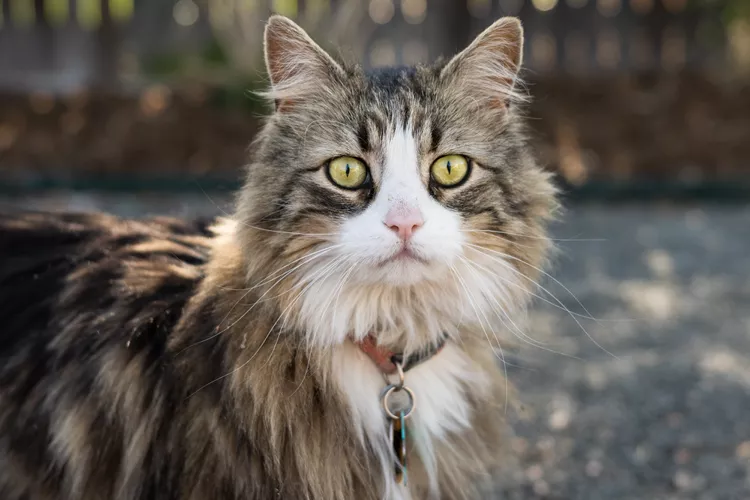
75 Unisex Cat Names
Our gender neutral cat names perfect for your feline friend, with a diverse selection of fun and inclusive options to fit your pet's disposition.
Why Does My Cat Stink?
Is your cat stinky? Find out about the causes of bad odors in cats and when it is something to be concerned about. Learn how to help your stinky cat.
Signs of Rabies in Cats
Rabies is a fatal and contagious virus that can affect cats. Learn about the signs of rabies in cats and what to do about them.
Can Cats Eat Dog Food?
Can cats eat dog food? In small amounts, it's unlikely to be a problem, but long-term feeding of dog food to cats can cause health issues and malnutrition.
Exploring the Different Types of Pet-Friendly Beaches
Are you looking for pet-friendly beaches? Learn about the different types of pet-friendly beaches, their locations, and tips for visiting them with your pet.
Pulled Muscles in Dogs
A pulled muscle is one of the most common injuries seen in dogs. What can you do if your dog pulls a muscle and how can you prevent it?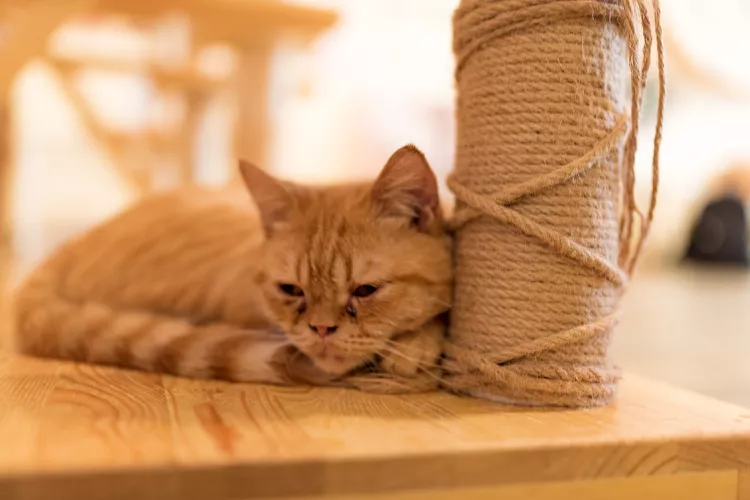
Fibrosarcoma in Cats
Fibrosarcomas are potentially fatal soft tissue tumors that can occur in cats. Learn the causes, treatment, and prevention.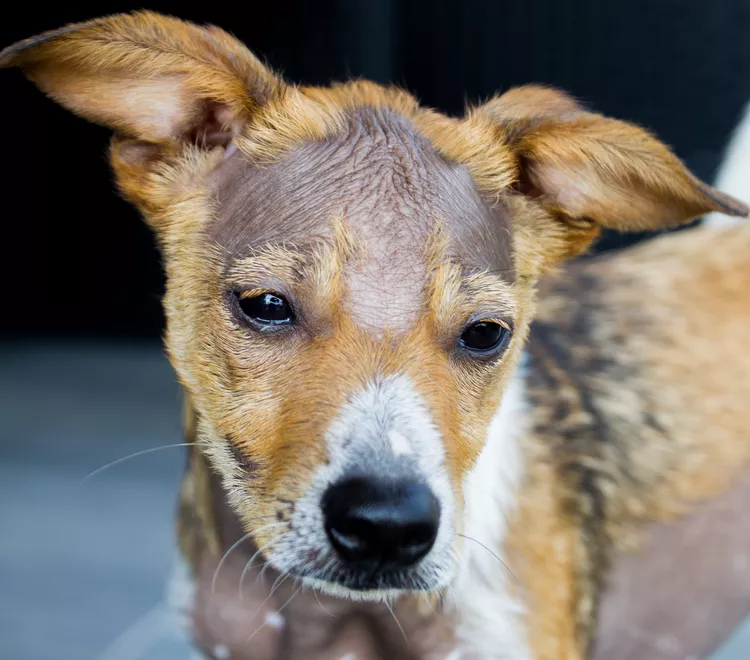
Alopecia in Dogs
Alopecia leads to hair loss and bald spots in dogs. Some breeds may be more at risk. Learn common causes, treatment, and prevention of dog alopecia.
Is Acetaminophen Safe for Dogs?
Acetaminophen is used by humans for pain and fever relief, but is it safe for dogs? Here's what you need to know before giving your dog acetaminophen.
Can Dogs Eat Almonds? Understanding the Risks and Guidelines
Can dogs eat almonds? While a couple likely won't hurt, it's best to avoid feeding your dog this nut. Learn the risks here.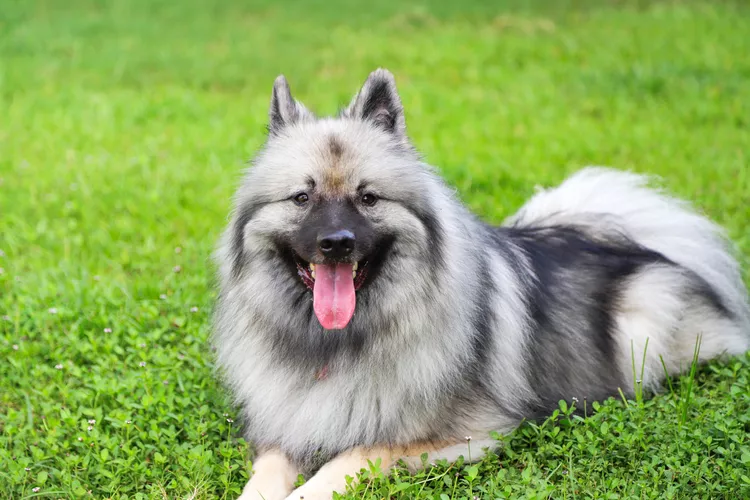
Keeshond: Dog Breed Characteristics & Care
Learn about the keeshond dog, also known as the Dutch Barge Dog. This fluffy spitz breed was bred to guard, but also makes a friendly companion.
Is Rosemary Safe for Dogs?
Rosemary is used both for cooking and as a supplement with many reported health benefits in people, so you may be wondering if it is safe to give to your dog. Rosemary is considered non-toxic for dogs but with some caveats.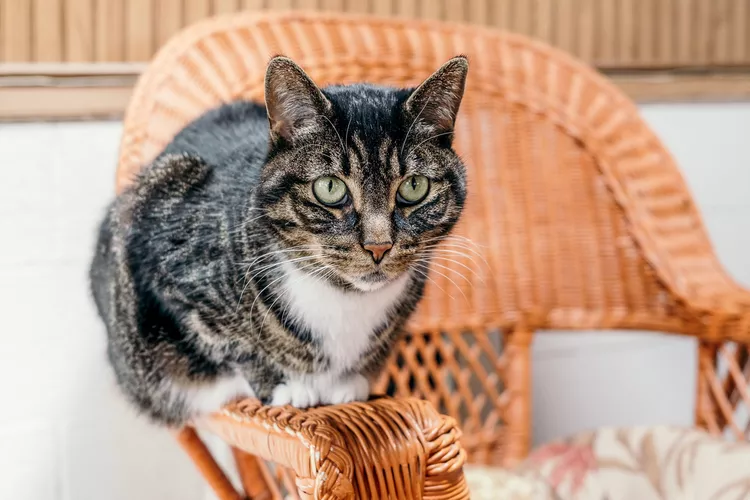
7 Hybrid Cats Breeds
Hybrid cat breeds can make appealing pets since they look more exotic than domestic house cats, but they aren't for everyone.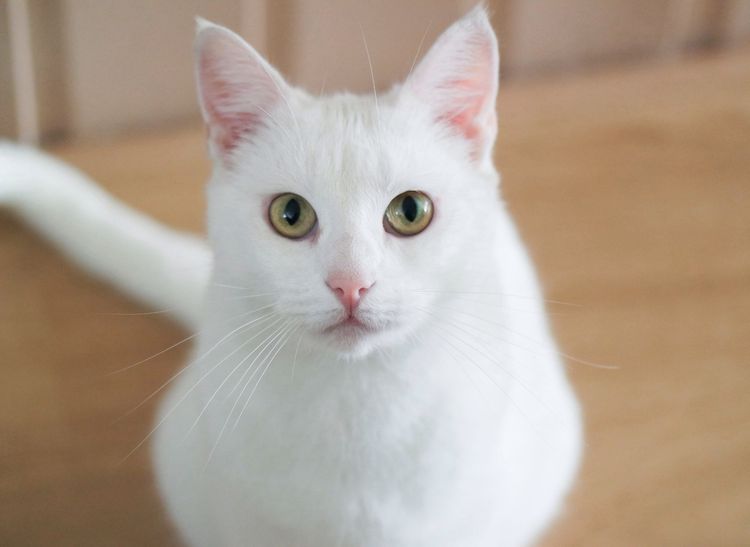
The Best White Cat Breeds to Keep as Pets
Several breeds can result in white cats with long or short hair. Find out the pros and cons of these white cat breeds.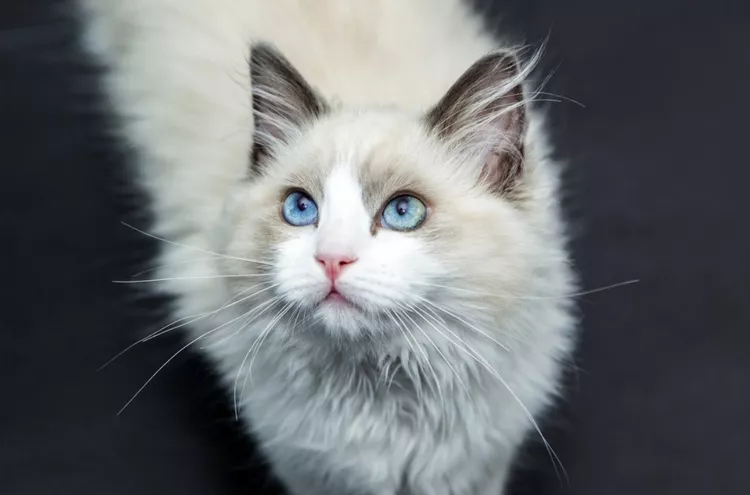
11 Cute Pictures of Ragdoll Cats
Ragdoll cats are known for their beautiful coats and bright, blue eyes. Learn all about the breed, and check out some cute pictures here.
7 Reasons Why Your Cat Eats Paper, and How to Stop It
Is your cat eating paper? Learn why your cat is doing this, and find out how to put a stop to it.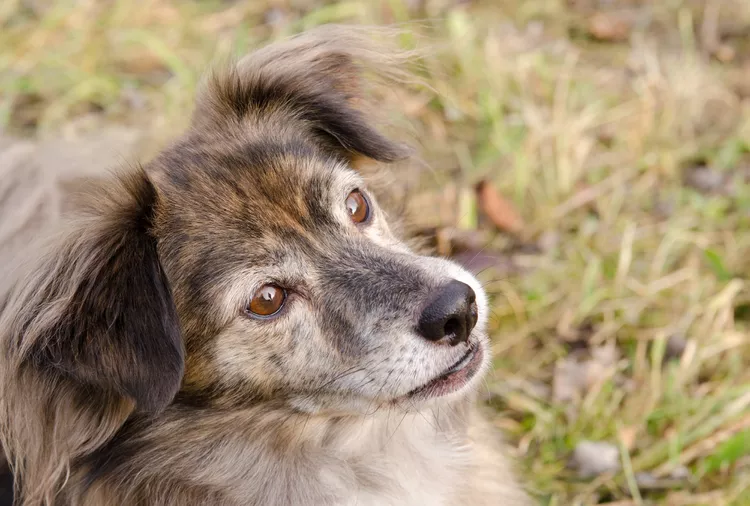
Feist: Dog Breed Characteristics & Care
Feists are small, short-haired dogs developed to hunt squirrels and catch vermin. These high-energy, affectionate pooches make great companion animals.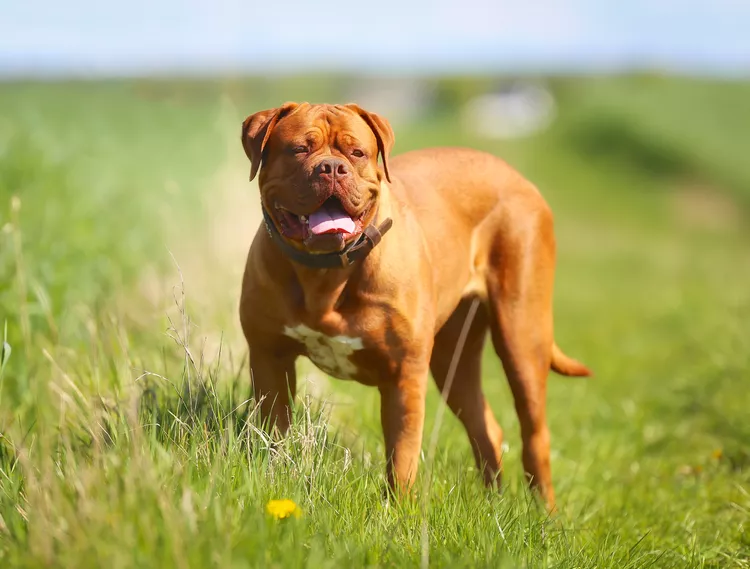
Dogue de Bordeaux (French Mastiff): Dog Breed Characteristics & Care
Learn about the Dogue de Bordeaux, also called the French mastiff. Although large and muscular, they’re known for their calm and gentle personality.
How to Stop Your Dog From Fearing Men
Many dogs have a phobia of men. Learn how to help your dog overcome its fear through desensitization and training while keeping everyone safe.
Why Dogs Eat Poop and How to Stop Them
Is your dog eating poop? Some dogs do this because of stress or illness. Learn how to prevent stool eating, or coprophagia, in dogs.